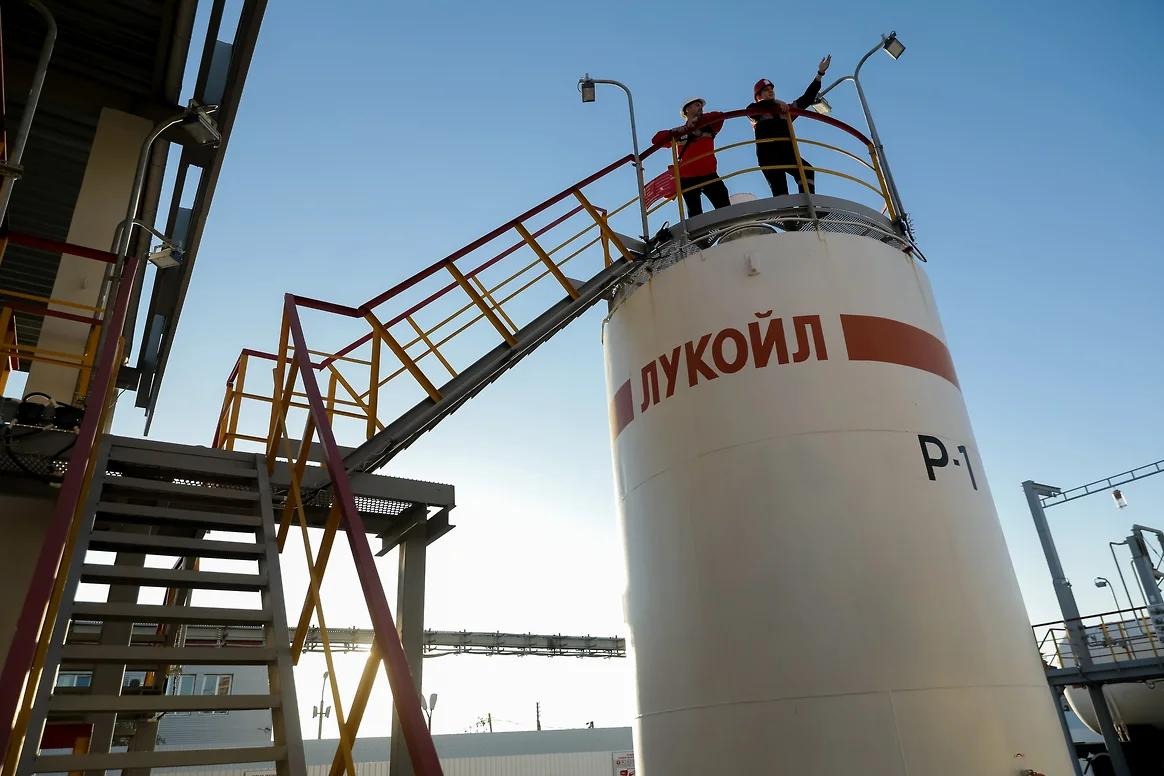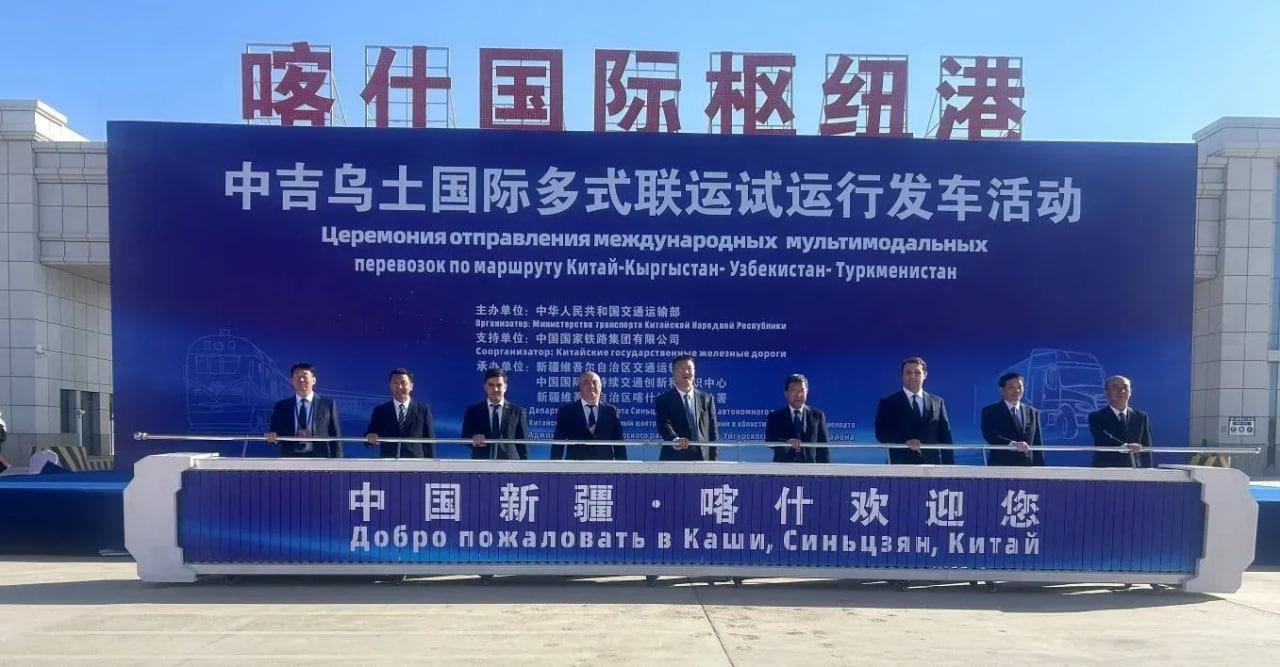RUSSIAN REGULATORS BECOMING AWARE OF BAIKAL ENVIRONMENTAL WOES
RUSSIAN REGULATORS BECOMING AWARE OF BAIKAL ENVIRONMENTAL WOES
This week Russian regulators suddenly moved to crack down on the factory poisoning Lake Baikal, the world’s largest reservoir of fresh surface water. On December 4 Russian Natural Resources Minister Yuri Trutnev ordered the ministry’s environmental watchdog, Rosprirodnadzor, to sue the Baikal Pulp and Paper Plant (BPPP) for polluting Lake Baikal, the ministry said in a statement. “Evidently,” said Trutnet, “BPPP is in no way interested in solving the problem” (Interfax, RIA-Novosti, December 4).
Rosprirodnadzor is seeking 475 million rubles ($19.4 million) in damages for discharging waste into Baikal between November 4 and 11, Rosprirodnadzor deputy head Oleg Mitvol announced on December 4. Earlier this month, Rosprirodnadzor also requested the Arbitration Court of Irkutsk region to shut down BPPP, he said (Interfax, Itar-Tass, RIA-Novosti, December 4).
Federal officials were keen to demonstrate that they were driven by environmental considerations only. “We do not aim merely to close the BPPP,” Trutnev said. “We only demand upholding the law and introducing a ‘zero discharge’ system in order to make the plant safe for the environment of the unique lake,” he said (Interfax, December 4).
Mitvol said the BPPP’s water-use license expired on November 3, while several related water-use licenses and contracts expired in June (Interfax, Itar-Tass, RIA-Novosti, December 4). Furthermore, in an interview with Vesti 24 channel, Mitvol made it clear that Rosprirodnadzor could seek damages for longer periods of time. In fact, penalties could reach a staggering $1 billion per year (Vesti, December 4).
The BPPP reportedly produces 200,000 tons of pulp and 12,000 tons of paper each year. The logging company Continental Management, an affiliate of Russia’s commodity giant Basic Element (BasEl) Group, holds a 51% stake in BPPP, while the Russian government has the remaining 49% interest.
Launched back in 1966, the paper plant has been the only industrial facility to dump its inadequately treated waste directly into Baikal. Although Russia adopted a separate law to protect Lake Baikal in 1996, the BPPP is estimated to continue discharging some 120,000 cubic meters of waste into Baikal each day.
The BPPP has long been mulling a modernization project that had implied that the closed-water circulation system would have been operational in 2006, and the program should have been completed by January 2007. The World Bank granted the BPPP a $22 million loan, while the plant pledged to invest an additional $11 million. In 2005, the World Bank reportedly withdrew its financing of the BPPP modernization project, citing slow progress.
The cost of the modernization project was subsequently re-evaluated, and revised cost estimates reached some $50–60 million. However, the amount was widely viewed as insignificant for the two stakeholders in BPPP — BasEl or the Russian government.
Five time zones east of Moscow, Lake Baikal is located in southeastern Siberia, in the Republic of Buryatia and the Irkutsk region. At 636 kilometers long and 80 kilometers wide, the lake holds a volume of 23,600 cubic kilometers of water — some 20% of the world’s fresh surface water. It is also the world’s oldest lake, believed to be 25–30 million years old. In 1996 the United Nations declared Lake Baikal a World Heritage Site.
Nonetheless, Lake Baikal has been seen locally as a potential source for water exports. Since the early 1990s, Irkutsk region has circulated plans to build a pipeline, several thousand kilometers long, from Baikal to China. Their vision involved pumping water not just to China, but possibly to Africa, the Middle East, and the United States. In May 2006 there were media allegations that Chinese and Russian officials were considering the possibility of diverting water from Lake Baikal in Siberia through Mongolia to China’s Inner Mongolia Region.
In the meantime, negotiating Russian fresh-water exports as a private business is now in the realm of possibility. A new Russian Water Code became effective in early 2007, allowing private ownership of rivers, lakes, and other water reservoirs. In July 2007, the Russian government asked the country’s water resources registry to collect data on “water objects,” owned by the federal government, Russian regions, companies, and individuals, as well as information on water-use agreements and contracts. However, Russian government officials have repeatedly pledged that Baikal would not be privatized.
The actual motives behind the Russian Natural Resources Ministry’s efforts to protect Baikal may remain a matter of debate, since some earlier environmental crackdowns by Rosprirodnadzor, notably in Sakhalin, entailed the re-distribution of stake-holdings in favor of government-connected companies. But whatever the ministry’s true intentions, even a temporary shutdown of the polluting pulp and paper plant would surely cause Lake Baikal no harm.


